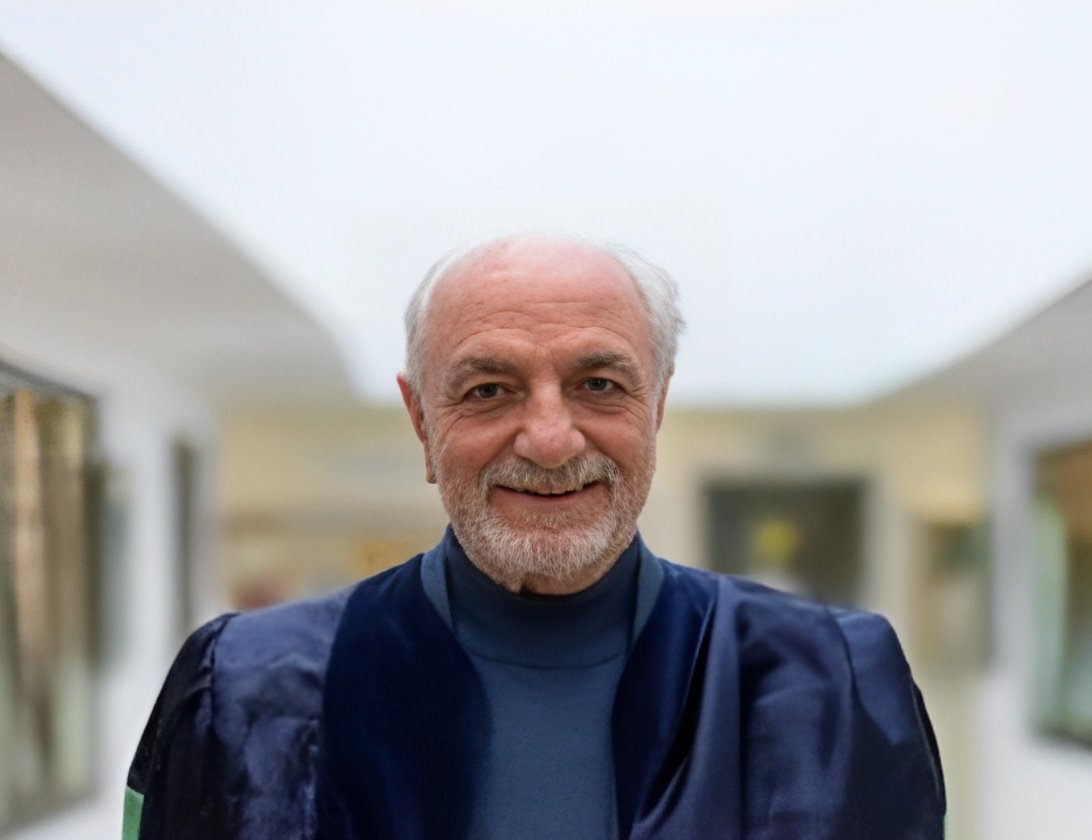


Topic: Learning Oriented Assessment: An Emerging Challenge for Teacher Educators
In the last few decades, the field of ELT has experienced significant developments that have influenced our conceptualizations of teaching, learning, and testing. One of the major developments has been the shift from the so-called product-oriented method era to the process-oriented post-method era in language education. Following this shift, testing has also moved from focusing on measuring the product of the language to focusing on assessment procedures that would enhance learning. Although academicians are well aware of the advancements in the field, they have not succeeded in translating these developments into practitioners’ language. That is probably why we often experience mismatches between theory and practice in authentic contexts of instruction.
The purpose of this talk is to address one of the recent challenges that teacher educators, teachers, learners, parents, administrators, and policymakers all face. The challenge is how to shift from product-oriented teaching and testing to process-oriented assessment where teaching and testing will jointly facilitate learning. More specifically, I will first discuss the evolution in the ELT field and demonstrate the undesirable consequences of misuse of high-stakes and external tests in instructional contexts. Second, I will present a working framework of the new approach referred to as “learning-oriented assessment” (LOA) and argue that it could serve as a viable alternative to the often-practiced midterm and final test tradition. Third, to bridge the gap between theory and practice, I will present some LOA tasks for classroom teachers that would help them integrate teaching, learning, and assessment. Such tasks would also increase teachers’ self-confidence in assessing student performance, even in online instruction. In addition, I will refer to research findings indicating that the LOA framework could function efficiently to alleviate some of the persisting problems rooted in traditional teaching and testing. Fourth, I will share data from graduate and undergraduate students' weekly reflections to demonstrate that learners do indeed, develop a positive attitude toward the LOA approach, both in real-time and virtual instruction. I will end the presentation by suggesting some reconsiderations in teacher education programs that would empower teachers to cope with ongoing challenges in the field.
Bio
Hossein Farhady has been a professor of applied linguistics at the ELT Department of Yeditepe University since 2013. He received his Ph.D. in Applied Linguistics from UCLA with a major area of interest in research on various aspects of language testing and assessment. From 2006-2008, he worked as a senior scholar and project manager for testing organizations in the US. He also served as the associate Dean of the Department of English Programs at the American University of Armenia from 2008 to 2010. He is a two-time ILTA award receiver in addition to research grants from Pearson, ETS, and ILTA.
He has taught courses on language testing, research methods, and ESP at MA and Ph.D. levels for over four decades in Iran, Canada, Armenia, and the USA. He has also presented papers at national and international conferences and has published over 15 books and 50 articles on various topics in applied linguistics, largely in language assessment. He has directed nationwide research projects on EFL/EAP, test development, and test validation in Iran and other places in the world. He has supervised over 60 MA theses and Ph.D. dissertations.